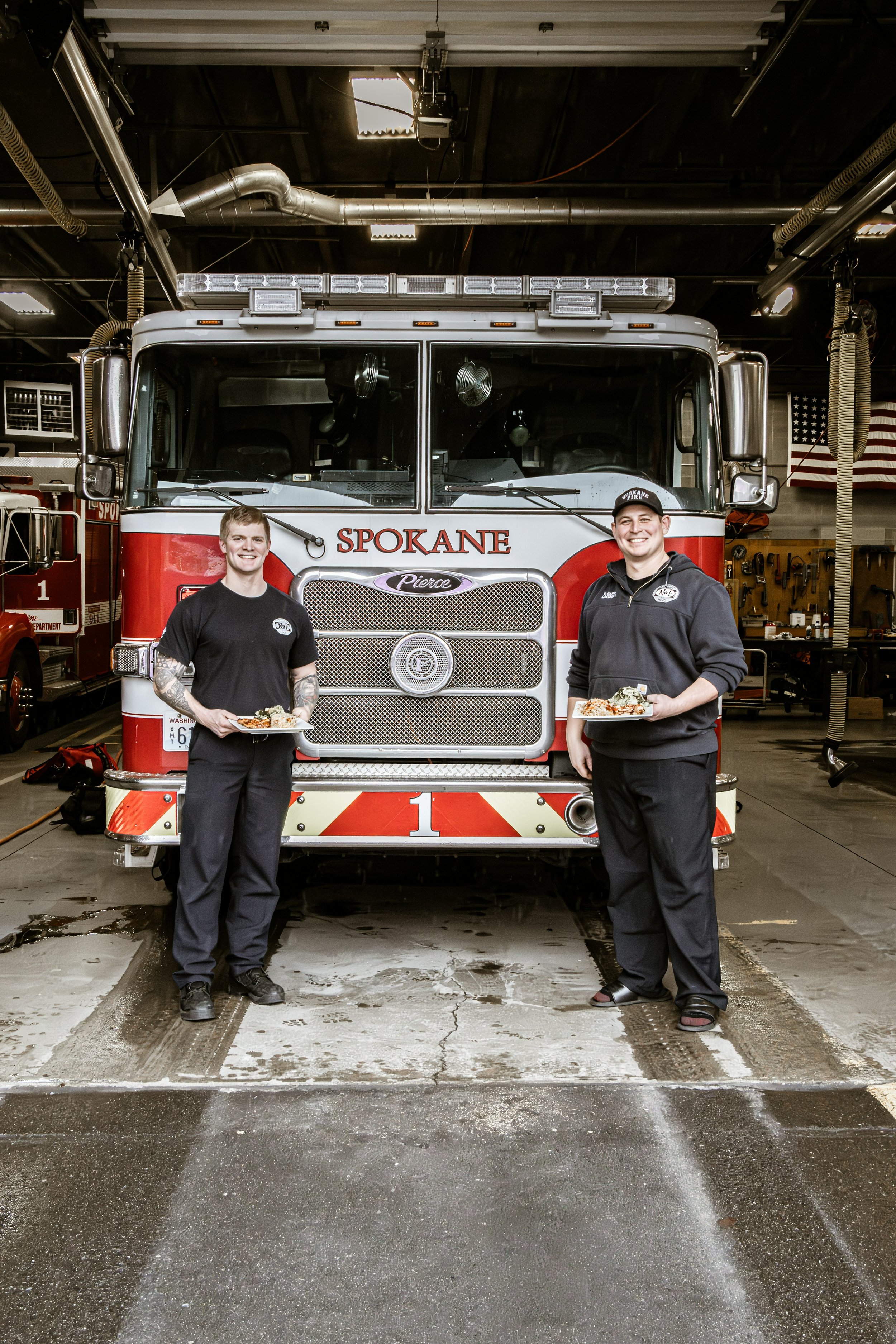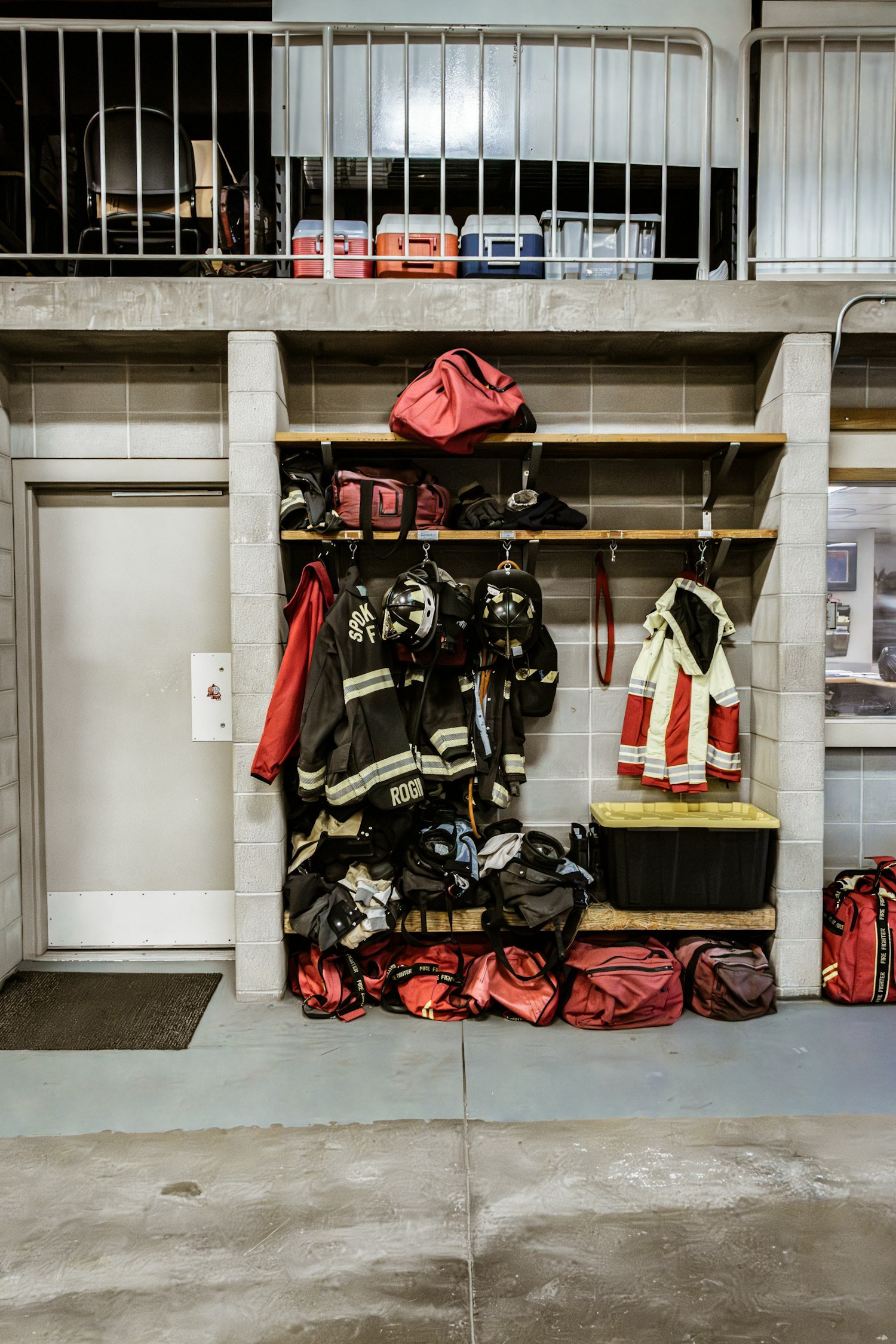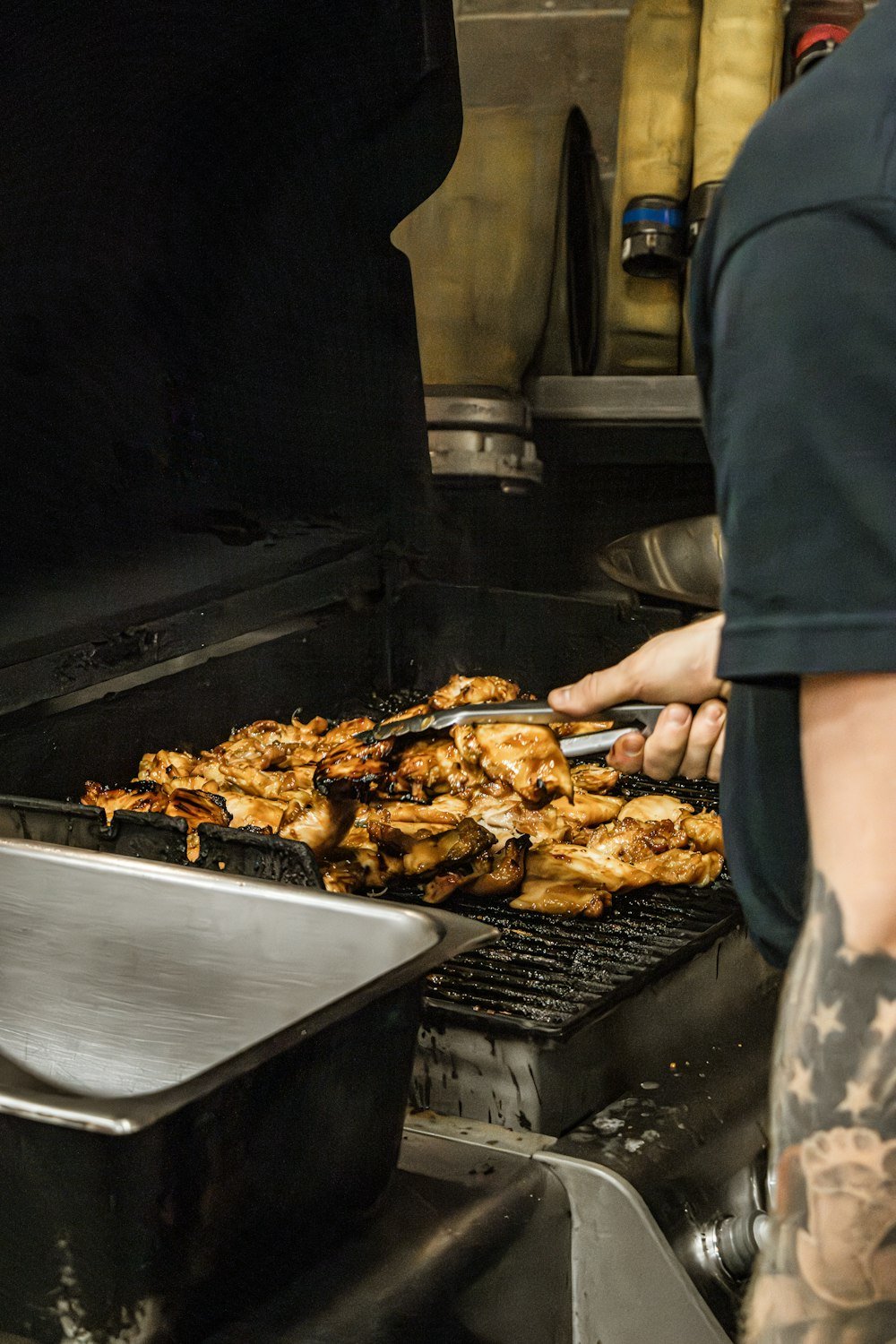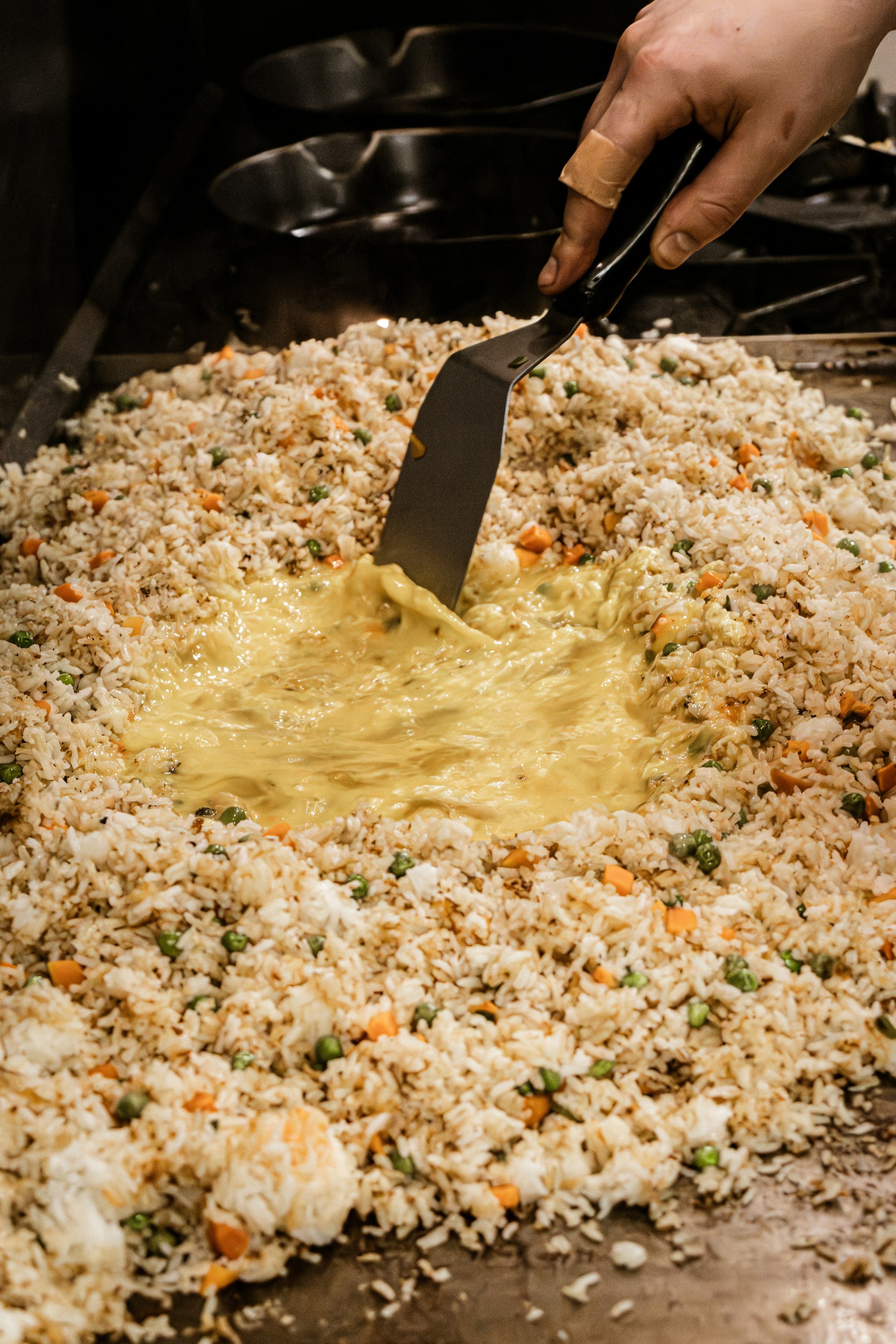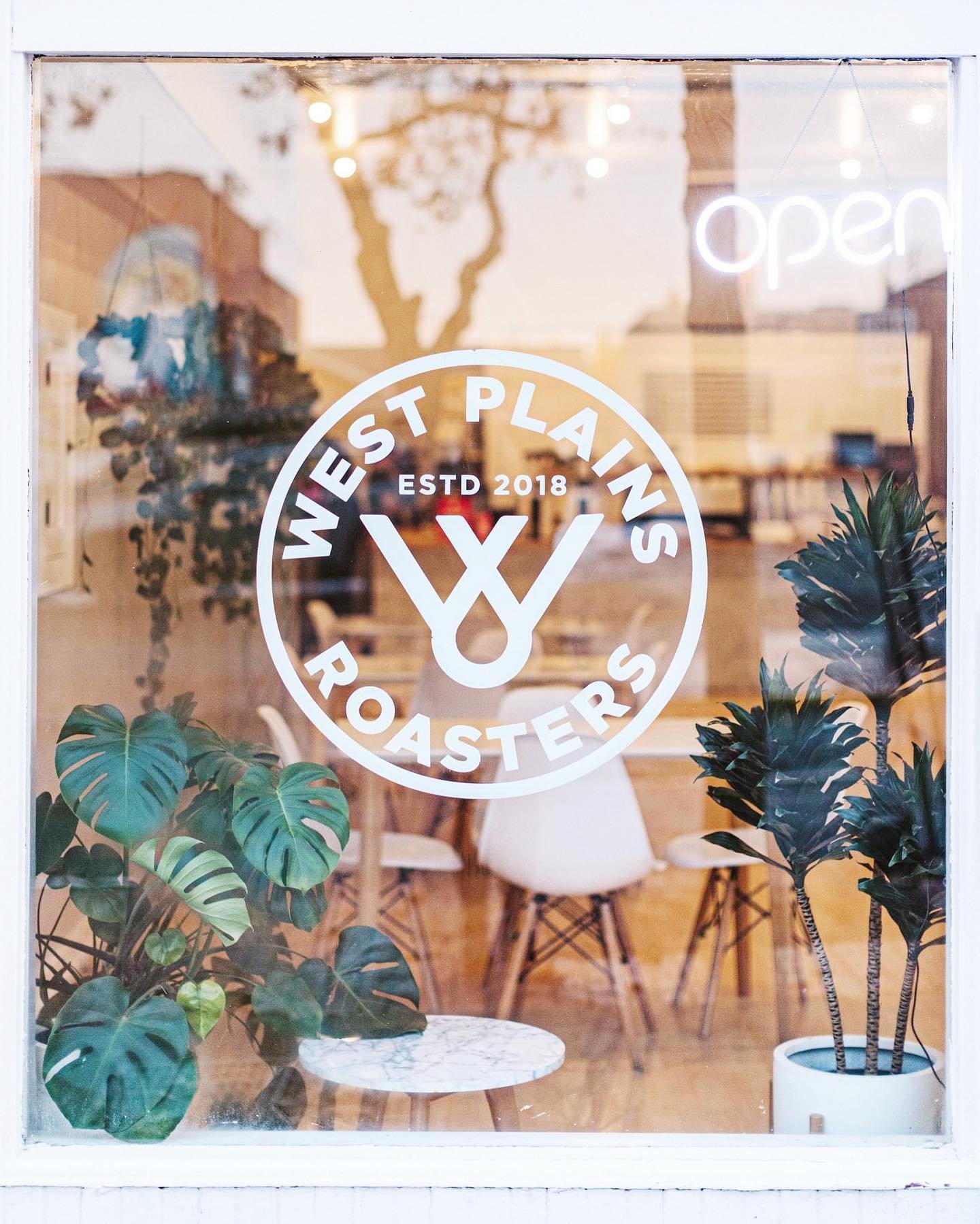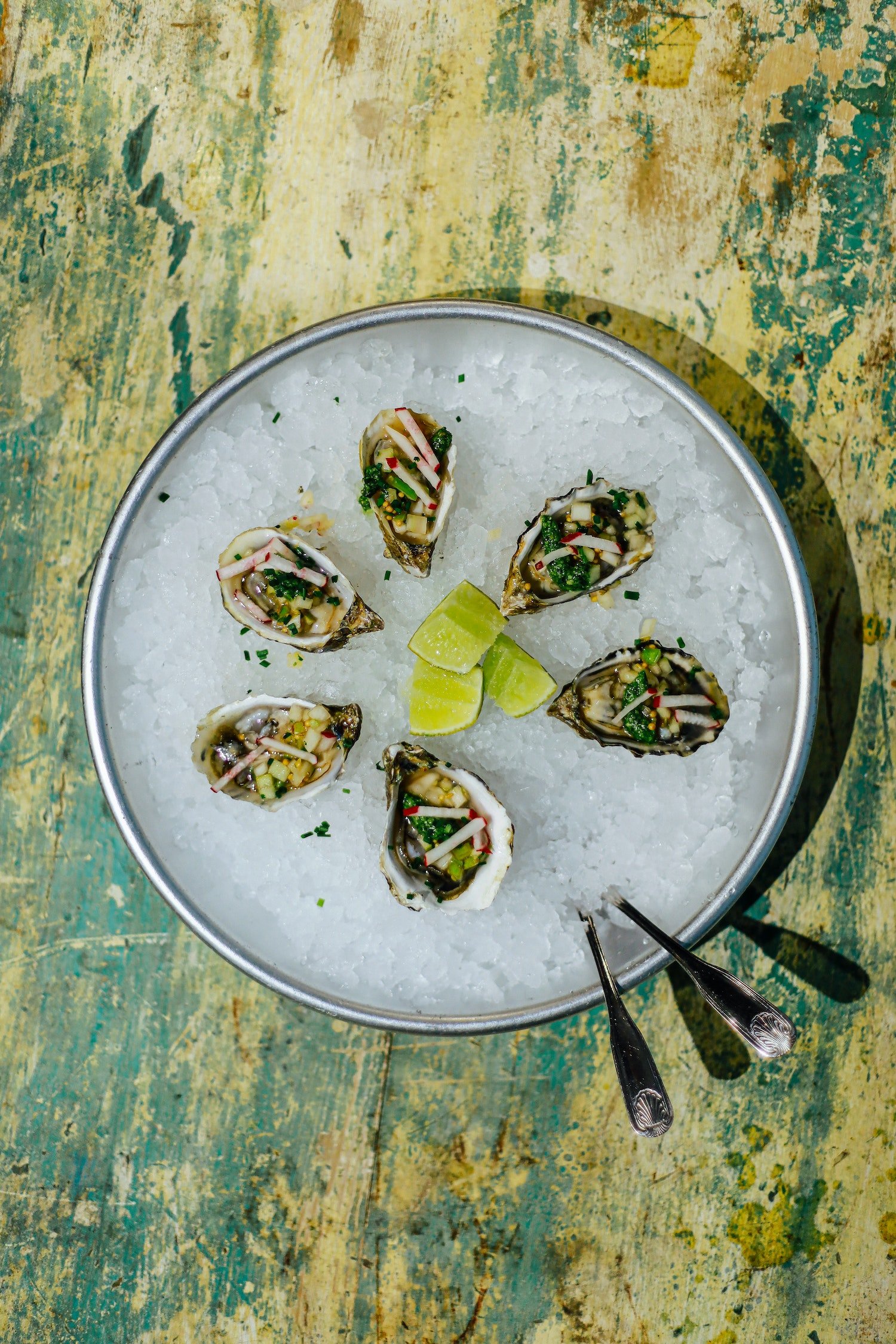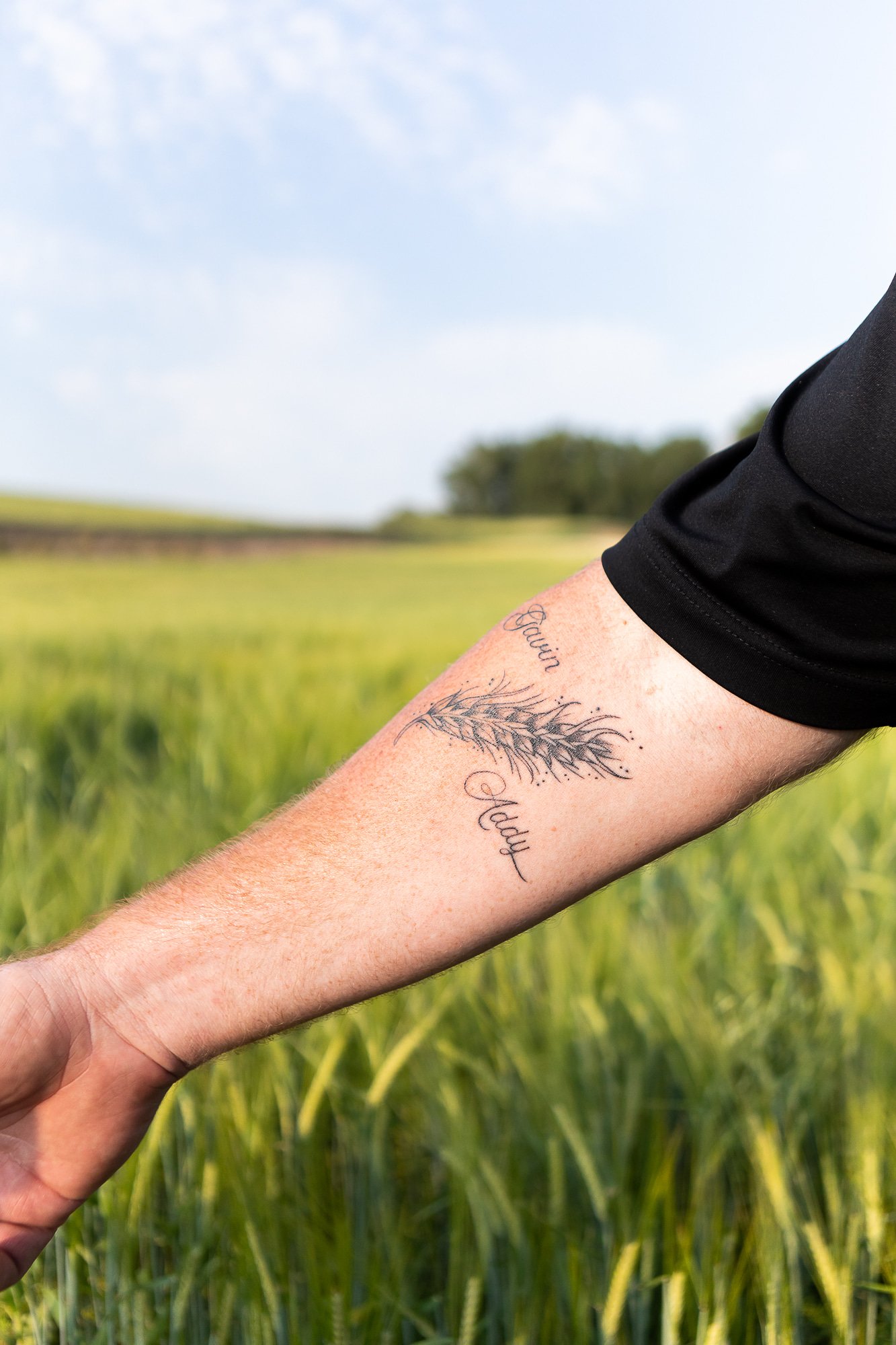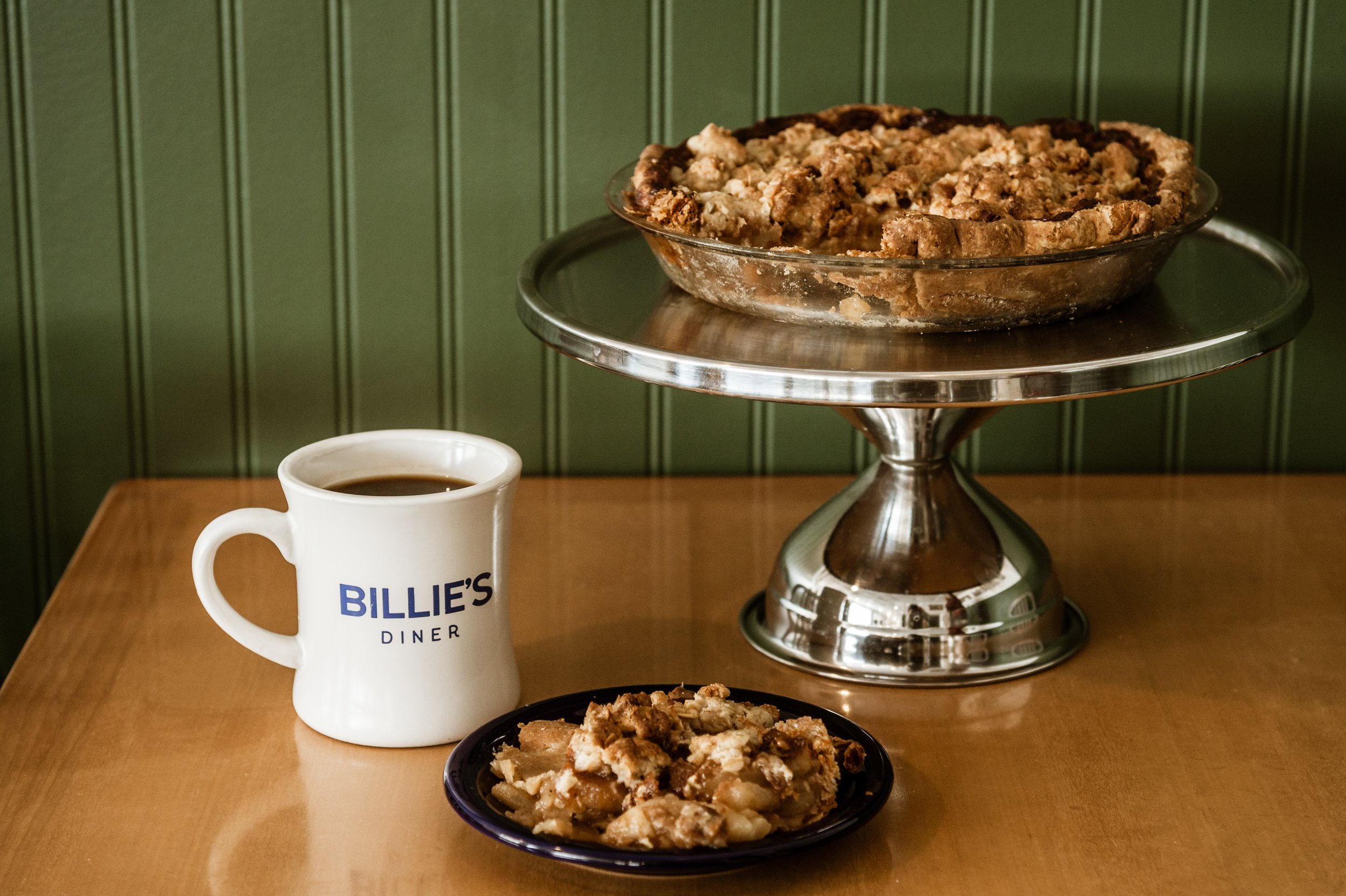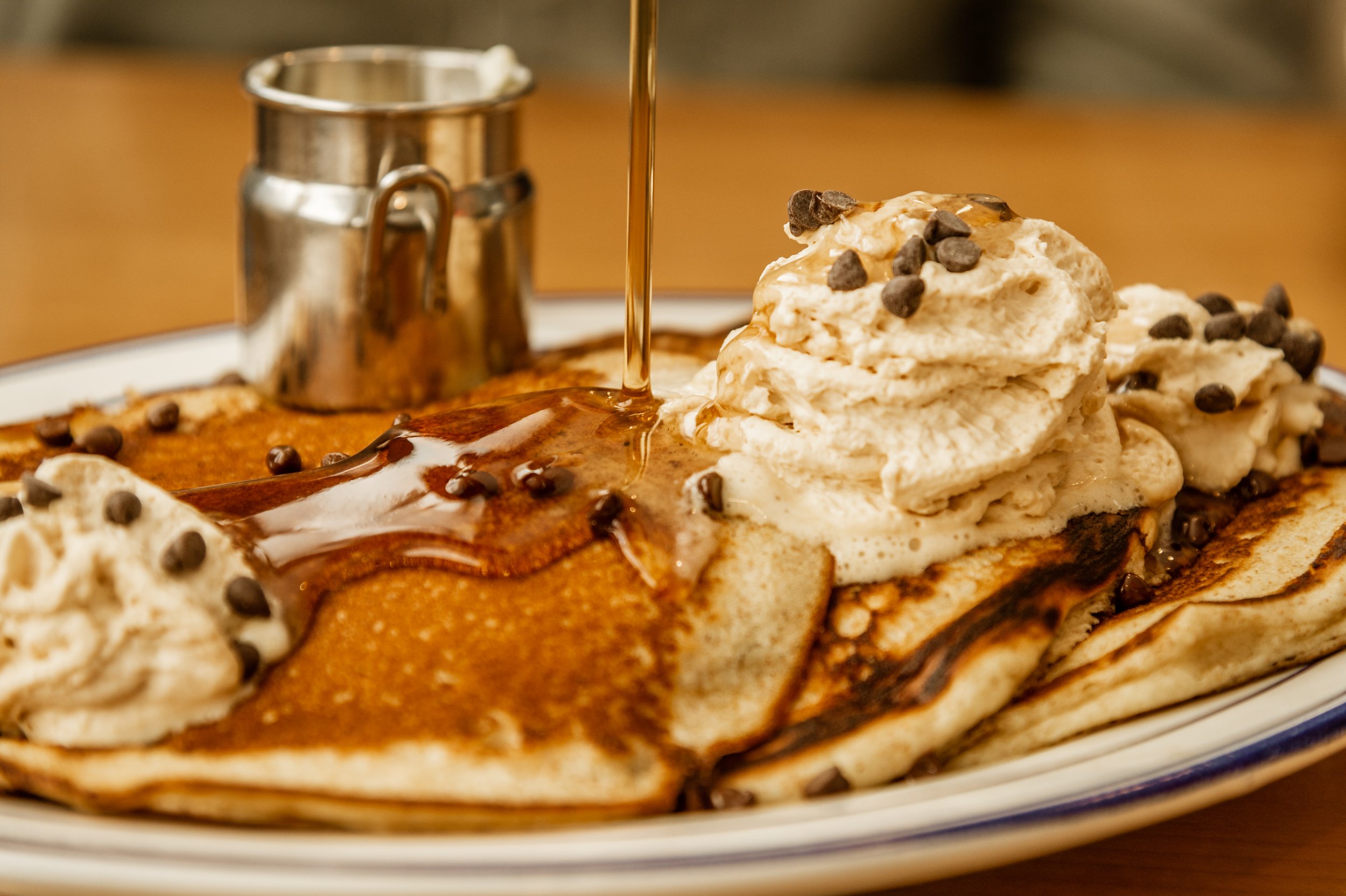Firefighters & Food
Firefighters & Food
BY CARA STRICKLANDAsk around for the best cook in the Spokane Fire Department, and you’ll likely end up in Station One’s kitchen, located in the heart of downtown, watching Fire Equipment Operator Thomas Barga prepare for an extra big lunch.
At least, that’s what happened to me.
Just a few moments before I’d arrived, all three fire vehicles were out responding to calls. Station One is among the busiest in the entire state, the west side included. But once they had returned, Barga was ready to get started on a feast, making his way comfortably around the commercial kitchen.
As Barga starts washing and chopping with help from some of the other members of his shift, he walks me through the daily meal rhythm. After the morning meeting is complete and everyone has their orders for the day, Barga and firefighter Devin Haefer (who refers to himself as Barga’s sous chef, though he’s known as a killer cook in his own right) make some decisions about what to make for the main meal of the day.
One of the trucks goes as a team to the grocery store each day, always prepared to drop everything if they get a call, which is why everyone goes along. The stores they frequent are prepared to put their carts aside until they can get back.
Sometimes they plan out the meal before heading to the store, sometimes they’ll take a look at what’s on sale once there and come up with a plan on the fly.
“I’m pretty open to ideas, too, so sometimes I’ll just ask somebody what they want and I’ll make that,” Barga says. “The joke sort of is if it’s ‘hot and lots’ you shouldn’t get any complaints.”
I watch Barga preparing a marinade of shallots, sambal (chili paste), rice wine vinegar, honey and makrut lime leaves for a dish he calls Vietnamese chicken. It’s clear that he’s shooting for more than just basic sustenance.
Once the shopping is done, work begins on lunch — the big meal of the day. Usually the shift cooks a lot and eats leftovers for dinner. Anything beyond that goes into the communal leftover fridge, where everything is fair game.
“Pretty much one of the first things you do in the morning is check the leftover fridge,” Haefer says.
It’s likely you’ve never had shared meals with your coworkers quite in the way they do at the fire station. That’s probably because most of us have never had a job that works quite like this one. At Station One, there are four shifts, named for letters (I met the B-shift). Each shift is 24 hours, meaning that you arrive in the morning, leaving plenty of time to relieve everyone leaving at 8am, and stay until the following morning.
While you’re at work, you’re always on call, and unlike a more traditional job, you don’t clock out for lunch or head home for dinner. You sleep in the bunk room, usually not very soundly, and eat in the communal kitchen or lounge. You could choose to find your own meals, there’s plenty of tradition involved in firehouse cooking. Though it almost certainly started out of necessity, it’s part of what makes this a profession that people refer to as more like a family.
At Station One, you work with your same crew of 9 every fourth day and night. B-shift has a text chain for their wives. They attend each other's children’s birthday parties and celebrate major milestones together. It’s hard to know if you want to share a family-style meal because you feel like family or if sharing meals together is the catalyst for those strong bonds. Maybe it’s a little of both.
The lunch Barga is making today—which is beginning to smell amazing as he cooks the bacon to go into the fried rice—is on the expensive side. It’s a fairly common misconception that firefighter food is included as part of their compensation, but that isn’t the case. Each day, everyone on B-shift puts $10 into the communal wallet to take to the grocery store. Each pay period, they contribute $20 each for staples like bread, eggs, salad dressings, spices and other pantry items to keep things stocked. When they want to choose a more costly lunch, they’ll make adjustments to other days to save a little for a splurge. Haefer says the last two meals had been teriyaki beef bowls and California burritos to account for higher spending. B-shift will do simple meals but that doesn’t mean it’s any less delicious.
Beyond the food, fire people are also responsible for providing small appliances, plates, silverware, pots, pans and other cooking utensils in the kitchen.
Around holidays, everyone will chip in for something special, like a brisket or prime rib. They invite their families in and have a big meal together, bringing their worlds into one place.
“It truly is a family,” says Lieutenant Mike Walker. “It’s not like that at every station, but it is in our shift at our station.”
Most of the meals are made in the kitchen, but as we take a quick tour, Barga shows me the old hose tower, where they used to clean and dry the cotton-jacketed hoses formerly in use. There’s a large fan at the top which brought in outside air to dry the hose faster. Now that the days of washing and drying hoses are gone, the tower makes the perfect spot for a well-ventilated indoor barbecue at any time of the year.
Although the everyday meals set a high bar, B-shift has staged several cooking competitions, including a classic chili cook-off, a fried chicken sandwich contest and a meal of choice from any one country. So far, it’s 2-1, Barga to Haefer. I asked if they had ever considered competitions with other stations.
“Nobody is on these guys’ level,” Lieutenant Walker says. “Thomas could be a five-star chef at a restaurant somewhere. We’re very fortunate to have him.”
Both Barga and Haefer brought culinary experience with them to the department. Barga cooked in an Italian restaurant during high school. His self-taught approach to cooking was a result of following his interest in food and experimentation. He started cooking as the most junior member of his shift when he started but quickly became known for his skills. Haefer cooked during his time in the Air Force and grew up around his grandmother’s restaurant in Oregon.
Barga is quick to point out that cooking in the firehouse is a group effort.
“I’m never the only person in the kitchen cooking. The beauty is that the fire station kitchen is definitely a team sport just like the rest of the job,” he says. “Everyone is helping chop, stir, grill or whatever is needed to eat at a decent time.”
When your chef can be called away at a moment’s notice, cooking has to be a team sport. There might just be a half second to pass off some duties to someone else. It’s not uncommon to call back to the station to ask someone to put on a pot of rice or something similar to help keep lunch to a decent hour.
Barga says there are times when you don’t get lunch until 3:30. On other days, everyone is just sitting down when a call comes in, and lunch is cold and abandoned for three hours. “Or you get on a scene and say ‘Did somebody turn off the oven?” Barga laughs.
Haefer isn’t sure if it’s a tradition limited to their station or something more broad, but he knows that if you’re coming back from an early morning call, there’s always someone making pancakes and waffles when you get back. “Working 24 hours with people getting beat up and busy all the time, you’ve got to have something to come back to that’s good. Camaraderie, good food, those all go hand in hand,” Lieutenant Walker says.
The camaraderie is on full display as we sit down for lunch. Though B-shift usually cooks for 9, word got out about this special meal, and a few more faces are around the table. My plate is piled with fragrant chicken, fried rice with crispy bacon and a deceptively simple cucumber and red onion salad with a rice wine vinaigrette. There’s that hush in the air I’ve come to recognize when the food demands a little extra attention and the conversation must wait. I’m on edge, even as I’m enjoying those first bites, waiting for a call to come in and everyone to scatter—but just this once, it doesn’t.
To serve as a firefighter, there is a lot you have to give up. You work different hours than most professions, you’re on duty on holidays, and your physical body takes a consistent beating in the course of your day and your life. But if you’re lucky enough to work with people like those on the B-shift at Station One, you’ll also have a lot of welcomed benefits. Not the least of these is knowing that many hands will come together to create something delicious and nourishing to see you through the day and the night before you.
And when Thomas Barga is cooking, there will always be more than enough.

